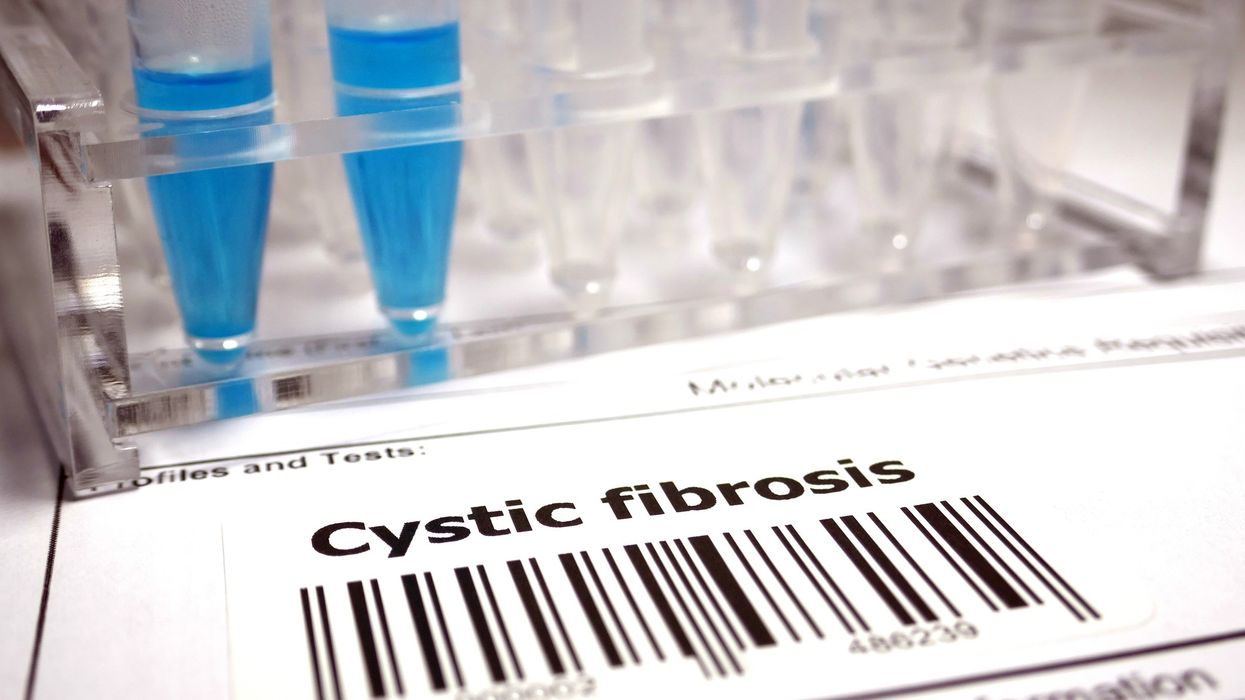Key Summary
- Cystic fibrosis is a genetic condition that causes thick mucus to build up in the lungs and digestive system
- The new drug, Alyftrek, is a once-daily pill, and it works by correcting the faulty protein that causes the disease
- NICE has approved the drug for patients with the most common form of cystic fibrosis – caused by the F508del mutation
NHS England will provide ‘triple-combination’ therapy for those suffering from rare forms of cystic fibrosis, a genetic condition that causes thick mucus to build up in the lungs and digestive system.
The patients often face breathing difficulties and serious infections, sometimes requiring intensive treatment and regular hospital admissions.
The NHS has made available Vanzacaftor–tezacaftor–deutivacaftor (Alyftrek®), a new generation therapy to help treat the underlying cause of cystic fibrosis.
It was earlier approved by the National Institute for Health and Care Excellence (NICE) for patients with the most common form of cystic fibrosis, which is caused by the F508del mutation.
Patients can now access Alyftrek as an alternative option to the existing treatment Kaftrio.
Alyftrek is a once-daily pill, and it works by correcting the faulty protein that causes the disease.
This helps people live more independently and reduces the time they need to spend in hospitals.
Clinical trials have shown Alyftrek to be as effective as Kaftrio at improving lung function for people aged 12 years and over with cystic fibrosis caused by a F508del mutation.
NHS England on Tuesday (15) announced the treatment would also be made available for children and adults with rare forms of cystic fibrosis (who have not previously been eligible for modulator therapy).
This will enable them to access the latest generation of treatments, including Alyftrek and Kaftrio, for the first time.
The NHS England has secured a commercial deal with manufacturer Vertex for expanded access beyond the patient group that NICE was able to consider the treatment for.
For patients currently using Kaftrio, the Cystic Fibrosis Medical Association has said any decisions to switch to Alyftrek would be made on a case-by-case basis.












